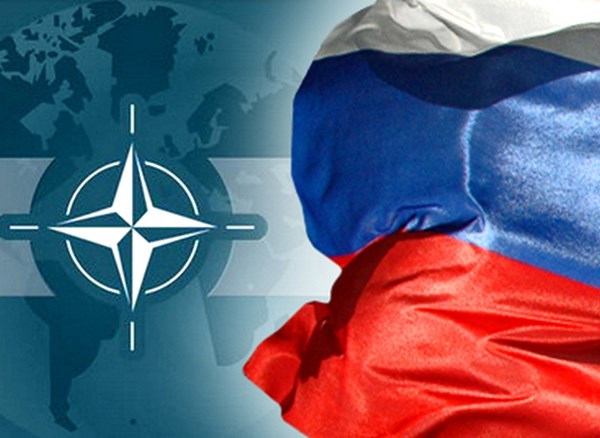Russia severs relations with NATO
Russia is severing relations with NATO, cutting diplomatic channels to the lowest since Soviet times, in response to the alliance's decision to expel Russian mission personnel for espionage.
From November 1, the work of the permanent mission of the Russian Federation to NATO in Brussels will be suspended, as well as the work of the alliance's military mission in Moscow, Foreign Minister Sergei Lavrov announced on Monday.
The accreditation of all NATO personnel in Russia is revoked, and at the same time the work of the NATO Information Office in Moscow is terminated. "The NATO International Secretariat has already been notified" of Russia's retaliatory measures, Interfax quoted Lavrov as saying.
"If NATO has any urgent matters, they can turn to our ambassador to Belgium on these issues - the ambassador who ensures bilateral relations," the minister said.
Until 2003, the Ambassador to Belgium served as acting permanent representative to NATO. In the 1990s this position was held by Vitaly Churkin, later the permanent representative of the Russian Federation to the UN.
From 2008 to 2011, Dmitry Rogozin worked as an "ambassador" before becoming the head of the Russia Space Agency Roscosmos, and in 2012-18, the position was held by Alexander Grushko.
Russia recalled the permanent representative three years ago in response to sanctions and expulsions of diplomats that followed the poisoning in Salisbury of former GRU Colonel Sergei Skripal.
In October 2021, NATO announced the expulsion of 8 employees of the Russian mission at its headquarters, who, according to the alliance, were "undeclared employees of the special services." The total number of the Russian permanent mission was reduced to 10 people.
According to Sky News, the Russians were suspected of "malign activities", including "killing and espionage". The decision was made on the basis of reports from NATO member states, and now diplomats are given time until the end of October to leave Brussels.
"The suspension of the work of the Military Communications Mission and the Information Bureau in Russia, as well as the Russian Permanent Mission to NATO, means: Moscow and Brussels have decided to draw the final line under the partnership relations of previous decades," Andrei Kortunov, Director General of the Russian International Affairs Council, told Kommersant. “These relations began to form in the 90s, opening channels for interaction not only at the level of the Chiefs of the General Staff. However, the relations have continued to deteriorate steadily over the past years and has become increasingly problematic," Kortunov added.
Russia's contacts with the alliance have steadily degraded over the years, according to Vasily Kashin, deputy director of the Center for Comprehensive European and International Studies. Practically the only military communication channel that remains and allows avoiding undesirable incidents is contact between the Chief of the General Staff of the Russian Armed Forces Valery Gerasimov and the chairman of the US Joint Chiefs of Staff Mark Milley. According to Kashin, this channel has demonstrated its effectiveness against amid the crises of recent years.
